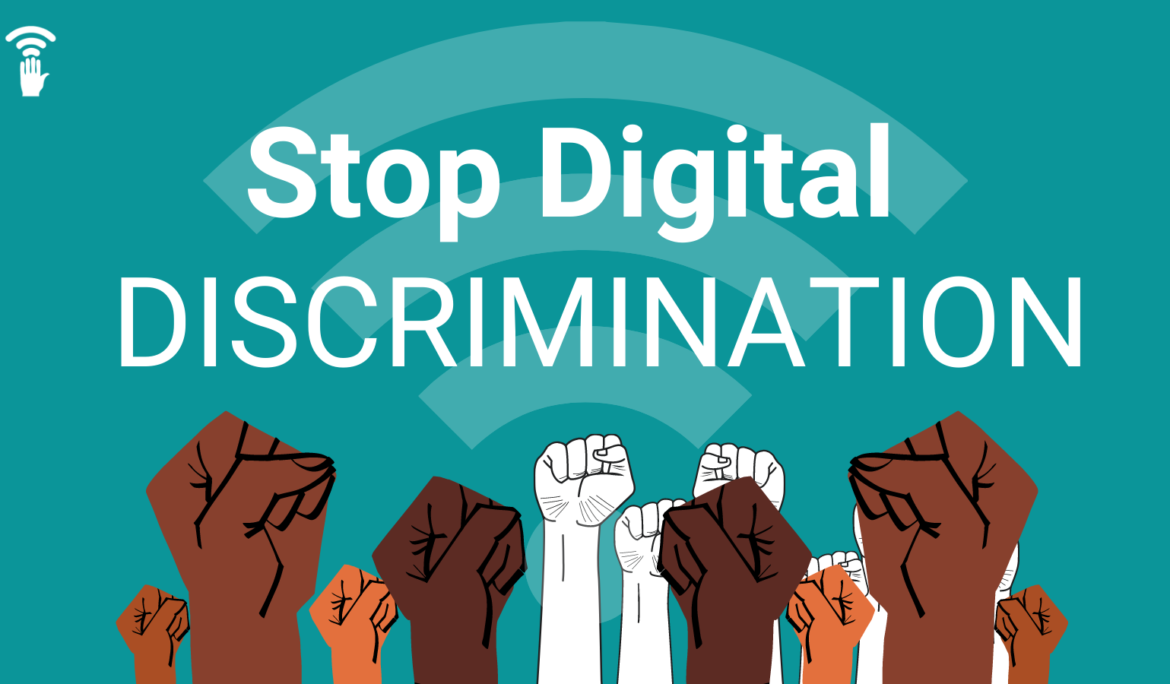Discrimination refers to a situation when adverse action is taken against a person or particular group of people because they belong to a certain class of people or possess particular comparable attributes. Discrimination may be either direct or indirect. Direct discrimination occurs where negative action is taken against a particular person for having certain particular attributes. Indirect discrimination occurs when seemingly objective or neutral barriers exclude members of particular groups because members of those groups happen to be unable to surmount the barriers for example a height or weight requirement that would exclude all but tiny minority of women.
The right not to be discriminated upon is entrenched in our Constitution. Section 56 of the Constitution of Zimbabwe provides that all persons are equal before the law and have the right to equal protection and benefit of the law. It further provides that women and men have the right to equal treatment, including the right to equal opportunities in political, economic, cultural and social spheres. It goes further to state that every person has the right not to be treated in an unfairly discriminatory manner on such grounds as their nationality, race, colour, tribe, place of birth, ethnic or social origin, language, class, religious belief, political affiliation, opinion, custom, culture, sex, gender, marital status, age, pregnancy, disability or economic or social status, or whether they were born in or out of wedlock.
The above stated right is not cast in concrete. Section 56(5) provides that discrimination on any grounds listed above is unfair unless it is established that the discrimination is fair, reasonable and justifiable in a democratic society based on openness, justice, human dignity, equality and freedom.
In the employment context, Section 5 (1) of the Labour Act Chapter 28:01 proscribes discrimination against employees or prospective employees on all the grounds stated in the Constitution and in addition specifies HIV/Aids Status as another ground. The discrimination is in relation to—
(a) the advertisement of employment; or
(b) the recruitment for employment; or
(c) the creation, classification or abolition of jobs or posts; or
(d) the determination or allocation of wages, salaries, pensions, accommodation, leave or other such benefits; or
(e) the choice of persons for jobs or posts, training, advancement, apprenticeships, transfer,
promotion or retrenchment; or
(f) the provision of facilities related to or connected with employment; or
(g) any other matter related to employment.
It further specifies that no employer shall fail to pay equal remuneration to male and female employees for work of equal value.
The Act in Section 5(3) criminalises any proven act of discrimination. Apart from criminal prosecution against discriminators, the Act in Section 5(4) further provides that any person who is aggrieved by any act or omission of an employer in contravention of the Act shall be entitled to, in a competent court, claim for damages and/or order directing the employer to redress the contravention including an order to employ any person. The onus to prove that that a person has been discriminated against lies on the alleger.
The right against discrimination at the workplace is not cast in stone. Section 7 of the Act allows discrimination on limited grounds. It provides that no person shall be deemed to have discriminated against another person—
(a) on the grounds of gender or pregnancy where—
(i) in accordance with this Act or any other law, he provides special conditions for
female employees; or
(ii) in accordance with this Act or any other law, or in the interests of decency or
propriety, he distinguishes between employees of different genders; or
(iii) it is shown that the act or omission concerned was done or omitted to be done, as the
case may be, by or on behalf of a men’s or women’s or boys’ or girls’ organization in
the bona fide pursuit of the lawful objects of such organization;
(b) on the grounds of political opinion or creed where it is shown that the act or omission
concerned was done or omitted to be done, as the case may be, by or on behalf of a political,
cultural or religious organization in the bona-fide pursuit of the lawful objects of such
organization;
(c) on the grounds of race or gender if the act or omission complained of arises from the
implementation by the employer of any employment policy or practice aimed at the
advancement of persons who have been historically disadvantaged by discriminatory laws or
practices;
(d) if the act or omission complained of arises from the implementation by the employer of any employment policy or practice aimed at assisting disabled persons as defined in the Disabled Persons Act [Chapter 17:01];
(e) if any distinction, exclusion or preference in respect of a particular job is based on the narrowly defined inherent operational requirements, needs and neccesities of that particular job.
It is imperative that before flighting a job advert in the public arena, employers be conscious of the need to avoid discriminatory statements by ensuring that the job requirements are couched in line with the law especially the exceptions provided in Section 5(7) of the Labour Act.
The contents of this article are for general information purposes only and do not constitute our legal or professional advice. We accept no responsibility for any loss or damage of whatsoever nature which may arise from reliance on any of the information published herein.
Copyright © Marume& Furidzo Legal Practitioners 2020



